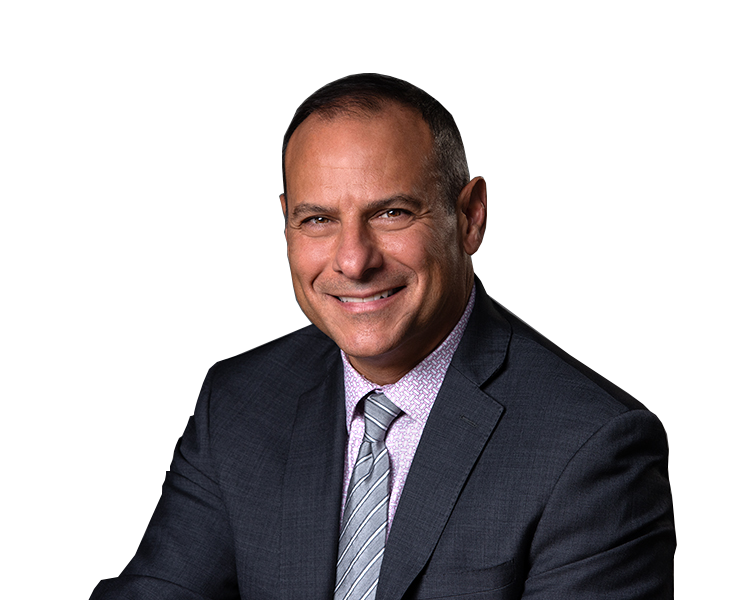You want the assets you set aside for your loved ones to be immediately available at the time of your death and not caught up in extended probate. A good estate does not just designate heirs and distribute assets but creates structures for property and complex assets to pass more easily to heirs. You must understand the benefits of avoiding the probate process:
Speed: Probate can take some time for creditors to be repaid, taxes distributed, additional heirs located, properties sold and the included assets to be divided as directed.
Privacy: Probate makes your finances a matter of public record. This information can include a person’s debts as well as the types of assets and their values. If privacy is important to you, your heirs or your estate, you’ll want to do whatever you can to avoid this process.
Savings: Probate can save money by reducing the amount of time an estate has to administer.
Understanding living trusts
A living trust provides a structure that can help certain assets circumvent the probate process. During a living trust formation, you assign a trustee who manages your assets for the beneficiaries’ benefit. This estate structure’s advantages are that it can be modified during a person’s lifetime and can provide certain protections if you become incapacitated and need to maintain specific health directives. Though a living trust can provide some asset protection, it offers little to no protection from creditors. Living trusts are more useful for complex estates given the amount of administration necessary for it but are a great option for transferring assets.
Considering the interests of your heirs
No one wants to think about the worst-case scenario, but it’s important to make these decisions now for the benefit of your family. Make a good estate plan and strategize how your assets can be handled in the most efficient way.


